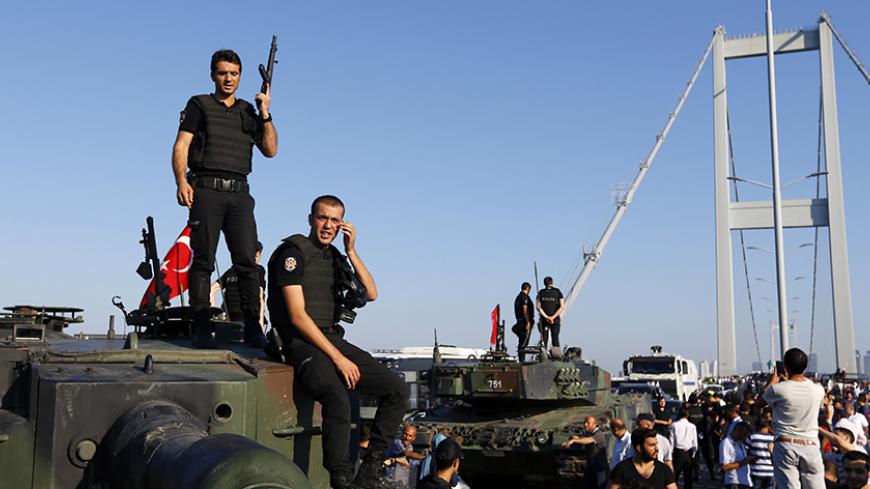On the evening of July 15, Turkish TV networks informed the public around 11 p.m. that a small group of renegades from the Turkish Armed Forces linked to the Gulenist movement had launched a coup. Since then, there has been endless speculation about the failed attempt, including whether the coup was a ruse engineered by President Recep Tayyip Erdogan. In a society that cherishes conspiracy theories, there has been nothing but confusion, even among senior government officials and generals. I was an eyewitness to the long night in Ankara, and here are some of my findings about that night corroborated by top brass and senior government officials.
The National Intelligence Organization (MIT) had received information about a possible coup attempt. It was not the first time that MIT had received such raw intelligence. Director Hakan Fidan worked diligently from 3 p.m. until early the next morning to abort the attempt. Fidan contacted the top brass at the General Staff and took measures to potentially head off any coup. At that point, the coup plotters, much better organized and greater in number than initially thought, decided to move the timing forward rather than abort the operation. In short, Fidan’s diligence forced them to launch their plot six hours earlier than planned.



